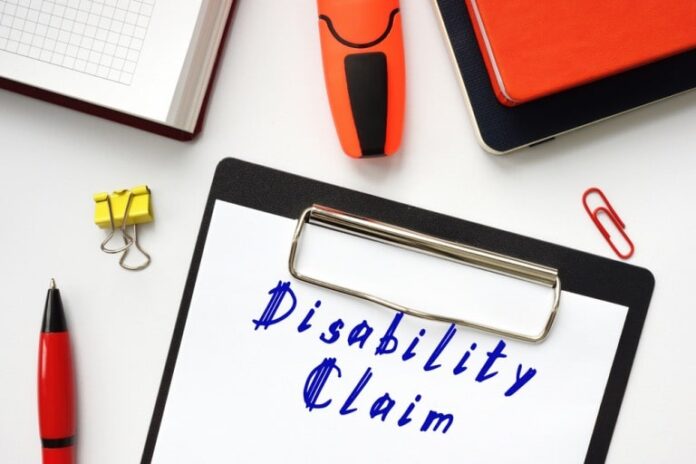The question of whether the applicant had any pre-existing conditions prior to seeking LTD benefits is perhaps one of the most significant determinants used by insurance firms and courts to either reject or approve a claim for long-term disability.
A pre-existing condition is a type of medical problem one had prior to the date on which they applied or were covered under a long-term disability policy. Primarily, applicants for disability benefits, in particular, need to have an idea of how such conditions may impact their claim.
What is a Pre-Existing Condition?
Generally speaking, any illness, injury, or health condition diagnosed or treated before the effective date of the long-term disability coverage or before the onset of disability is considered to be a pre-existing condition. These may include chronic conditions, such as diabetes or heart disease, but they may also include a past injury, such as a back condition.
When the applicant considers their disability insurance policy, it is vital that they consider how the company defines any pre-existing conditions and what they do with them. For instance, some of the policies have a waiting period wherein the conditions diagnosed before the coverage are not entitled to benefits.
Insurer Medical History Checks
Insurance companies are suspicious of pre-existing medical conditions. To prove that the condition was prevalent earlier, most insurance companies will ask for the medical records of the general practitioner or any other physician in the case of the applicant.
An insurer, if an applicant has had any history with a specific health problem, such as back pain or depression, then the inability of a claimant to work does not arise from some new, unexpected medical event but from a preexisting condition. Sometimes, it will be an outright claim denial against a claimant on preexisting condition grounds when it certainly and clearly has become aggravated/disabling over some time period.
Pre-Existing Condition Disputes and Legal Representation
If the insurance company denies the claim due to a pre-existing condition, the claimant may appeal. This is not an easy process, as the claimant often has to go through voluminous medical records and the intricacies of insurance policies. An LTD lawyer can help review your policy, compile medical evidence for you, and represent your case on appeal.
This would most likely lead to a successful outcome, particularly in those cases where the insurance company is attempting to use a pre-existing condition to invalidate the benefits.
The Look-Back Period
Most LTD policies include a “look-back period,” that is, the time before the effective date of the policy, during which a pre-existing condition will be considered applicable to a claim. This may involve a policy that said it would not pay benefits for a condition treated or diagnosed within six months to a year prior to the date of the beginning of the coverage.
That is important because sometimes a claimant might not be actively treating the condition, but the insurer can argue it is still a factor in their disability. The look-back period can have a great impact on whether or not a claim will be approved or denied.
Proving Disability Despite Pre-Existing Condition
A claimant can prove a disabling condition despite instances where there has been a previous history of a certain medical condition. What matters is that it points out that the individual’s current impairment is either a significant aggravation of the pre-existing condition or a new complication arising therefrom.
A typical example would be that one with a previous history of back pain gets a fresh injury, leading to one being unable to work. This is where, in order to outline the pre-existing condition in relation to the current disability, medical evidence from treating physicians is required.
Conclusion
Pre-existing conditions make long-term disability claims really complicated but do not totally disqualify an individual from the benefits. It is relevant to note that the extent of one’s insurance policy, inclusive of any look-back period and its specific definition of pre-existing condition, be duly understood. With proper medical documentation and a good lawyer, persons with pre-existing conditions can make their way around the minefield of a long-term disability claim.
